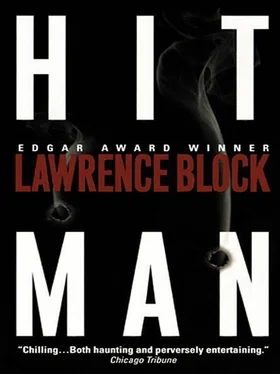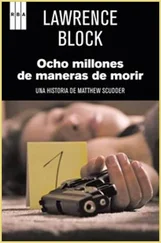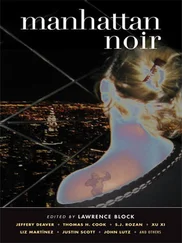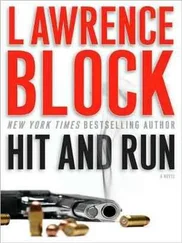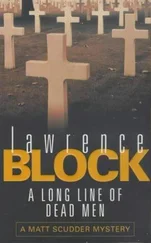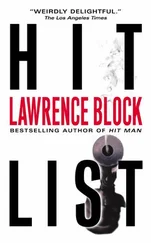Lawrence Block - Hit Man
Здесь есть возможность читать онлайн «Lawrence Block - Hit Man» весь текст электронной книги совершенно бесплатно (целиком полную версию без сокращений). В некоторых случаях можно слушать аудио, скачать через торрент в формате fb2 и присутствует краткое содержание. Жанр: Триллер, на английском языке. Описание произведения, (предисловие) а так же отзывы посетителей доступны на портале библиотеки ЛибКат.
- Название:Hit Man
- Автор:
- Жанр:
- Год:неизвестен
- ISBN:нет данных
- Рейтинг книги:3 / 5. Голосов: 1
-
Избранное:Добавить в избранное
- Отзывы:
-
Ваша оценка:
Hit Man: краткое содержание, описание и аннотация
Предлагаем к чтению аннотацию, описание, краткое содержание или предисловие (зависит от того, что написал сам автор книги «Hit Man»). Если вы не нашли необходимую информацию о книге — напишите в комментариях, мы постараемся отыскать её.
Amazon.com Review
A man known only as Keller is thinking about Samuel Johnson's famous quote that "'patriotism is the last refuge of a scoundrel'… If you looked at it objectively, he had to admit, then he was probably a scoundrel himself. He didn't feel much like a scoundrel. He felt like your basic New York single guy, living alone, eating out or bringing home takeout, schlepping his wash to the Laundromat, doing the Times crossword with his morning coffee… There were eight million stories in the naked city, most of them not very interesting, and his was one of them. Except that every once in a while he got a phone call from a man in White Plains. And packed a bag and caught a plane and killed somebody. Hard to argue the point. Man behaves like that, he's a scoundrel. Case closed." But Lawrence Block is such a delightfully subtle writer, one of the true masters of the mystery genre, that the case is far from closed. In this beautifully linked collection of short stories, we gradually put together such a complete picture of Keller that we don't so much forgive him his occupation as consider it just one more part of his humanity. After watching Keller take on cases that baffle and anger him into actions that fellow members of his hit-man union might well call unprofessional, we're eager to join him as he goes through a spectacularly unsuccessful analysis and gets fooled by a devious intelligence agent. We miss the dog he acquires and loses, along with its attractive walker. Like Richard Stark's Parker, Keller makes us think the unthinkable about criminals: that they might be the guys next door-or even us, under different pressures.
A man known only as Keller is thinking about Samuel Johnson's famous quote that "'patriotism is the last refuge of a scoundrel'… If you looked at it objectively, he had to admit, then he was probably a scoundrel himself. He didn't feel much like a scoundrel. He felt like your basic New York single guy, living alone, eating out or bringing home takeout, schlepping his wash to the Laundromat, doing the Times crossword with his morning coffee… There were eight million stories in the naked city, most of them not very interesting, and his was one of them. Except that every once in a while he got a phone call from a man in White Plains. And packed a bag and caught a plane and killed somebody. Hard to argue the point. Man behaves like that, he's a scoundrel. Case closed." But Lawrence Block is such a delightfully subtle writer, one of the true masters of the mystery genre, that the case is far from closed. In this beautifully linked collection of short stories, we gradually put together such a complete picture of Keller that we don't so much forgive him his occupation as consider it just one more part of his humanity. After watching Keller take on cases that baffle and anger him into actions that fellow members of his hit-man union might well call unprofessional, we're eager to join him as he goes through a spectacularly unsuccessful analysis and gets fooled by a devious intelligence agent. We miss the dog he acquires and loses, along with its attractive walker. Like Richard Stark's Parker, Keller makes us think the unthinkable about criminals: that they might be the guys next door-or even us, under different pressures.
